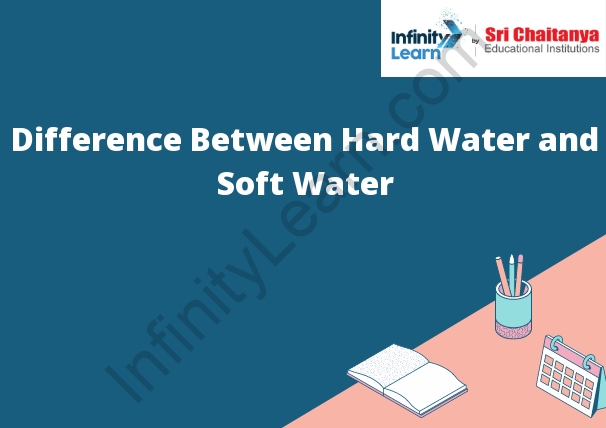Table of Contents
Introduction to Hard Water and Soft Water
Hard water is water that has a high mineral content, while soft water has a low mineral content. The most common minerals in hard water are calcium and magnesium. Soft water is produced by a water softener, which removes these minerals from the water.
Water hardness is usually measured in grains per gallon (GPG). One GPG is equal to 17.1 milligrams of calcium oxide per liter of water. Water that has a hardness of less than 7 GPG is considered soft, while water that has a hardness of more than 7 GPG is considered hard.
There are several benefits to using soft water. Soft water is less likely to form scale on pipes and appliances, and it also leaves less soap scum in the bathtub and shower. Soft water is also gentler on the skin and hair, and it can help to reduce the occurrence of eczema and other skin conditions.

What is Hard Water?
Water that has high levels of minerals in it is called hard water. Hard water makes it difficult to get suds from soap and can also leave a film on dishes and skin. It is also more difficult to rinse off than soft water. Hard water can cause scale build-up in pipes and water heaters, which can lead to decreased water flow and increased energy usage.
Types of Hard Water
There are three types of hard water: temporary, permanent, and total. Temporary hard water is caused by high levels of magnesium and calcium, which are removed by a water softener. Permanent hard water is caused by the presence of lime scale, which cannot be removed by a water softener. Total hard water is the combination of temporary and permanent hard water.
What is Soft Water?
The term “soft water” generally refers to water that has a low mineral content. Soft water is not harmful to your health, and in fact, is often considered more desirable than hard water. Soft water can help to reduce the amount of soap and detergent you need to use to get your clothes and dishes clean, and it can also help to prevent the build-up of lime scale in your plumbing.
Difference between Hard Water and Soft Water
The main difference between hard water and soft water is that hard water contains high levels of minerals, specifically calcium and magnesium, while soft water contains little to no minerals. This difference results in various differences in the way the two types of water interact with soaps and detergents. Hard water makes it more difficult to clean dishes and clothes because the minerals bind to the soap and create a scum. Soft water, on the other hand, creates a lather more easily and leaves dishes and clothes cleaner.
Water as a Universal Solvent
Water is a universal solvent because it is able to dissolve a wide variety of substances. This is due to the polarity of water molecules, which enables them to form hydrogen bonds with other molecules. Water is able to dissolve both ionic and covalent compounds, and it is also able to dissolve both polar and nonpolar molecules.
Properties of Water
Water is a transparent, colorless, odorless, and tasteless liquid at room temperature. It is the most common substance on Earth, making up about 60% of the human body. Water is a polar molecule, meaning the electrons in the molecule are not equally distributed. This polarity allows water to dissolve a wide variety of substances. Water is also a good solvent for ionic compounds because the polar water molecules can dissolve the charged ions.
General Properties of Water:
This creates a partially positive and partially negative end on either side of the molecule.
Water is a good solvent because it can form hydrogen bonds with other molecules. These hydrogen bonds are weak, but there are many of them, so they can form a network that increases the molecule’s stability.
Water is a good conductor of electricity because the hydrogen bonds allow ions to move freely through the molecule.
It has a high specific heat capacity, meaning it takes a lot of energy to change the temperature of water.
Water has a high surface tension because the hydrogen bonds between water molecules are strong. This makes water resistant to breaking and makes it possible for insects to walk on water.
Chemical Properties of Water:
Water is a colorless, odorless, and tasteless liquid. It is the most common substance on Earth, making up about 71% of the planet’s surface. It is a polar molecule, meaning that it has a positive and negative end. This polarity allows it to dissolve other polar molecules, such as salts and sugars. Water is also a good solvent for other molecules, including proteins and DNA.
Hydrolysis Reaction:
In biochemistry, hydrolysis is the process of breaking down a molecule of a carbohydrate, protein, or lipid into its component parts by the addition of water.
Properties:
1. the quality, state, or degree of being intense
2. the quality, state, or degree of being sharp or clear
3. the quality, state, or degree of being severe or intense.
Solubility
in water
1%








